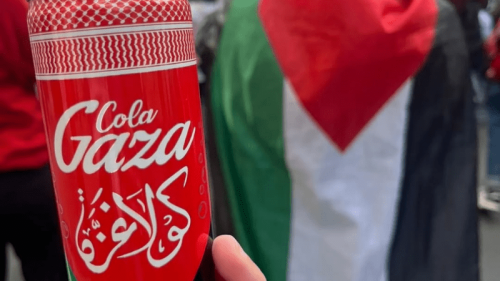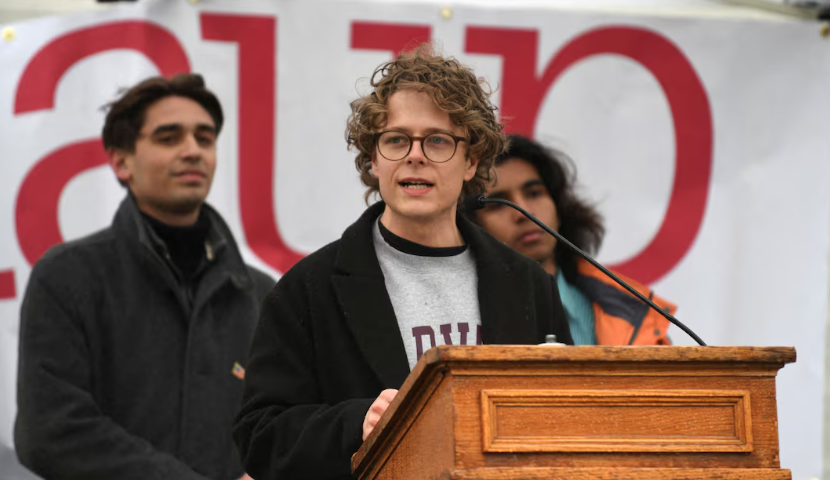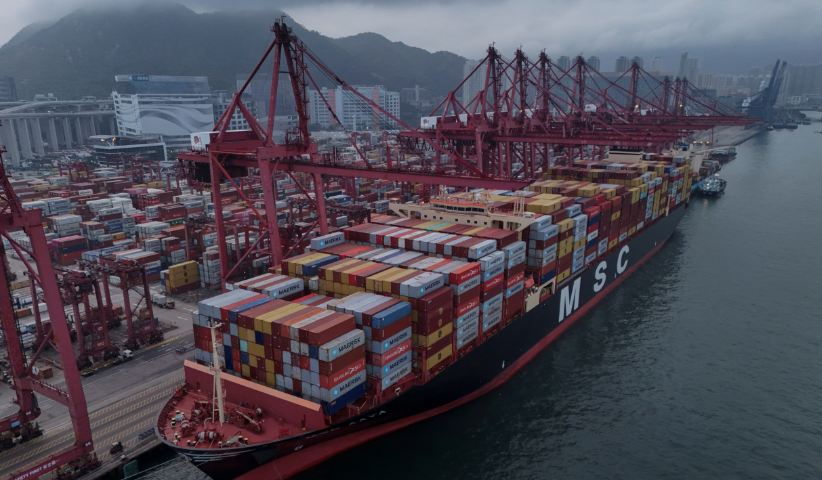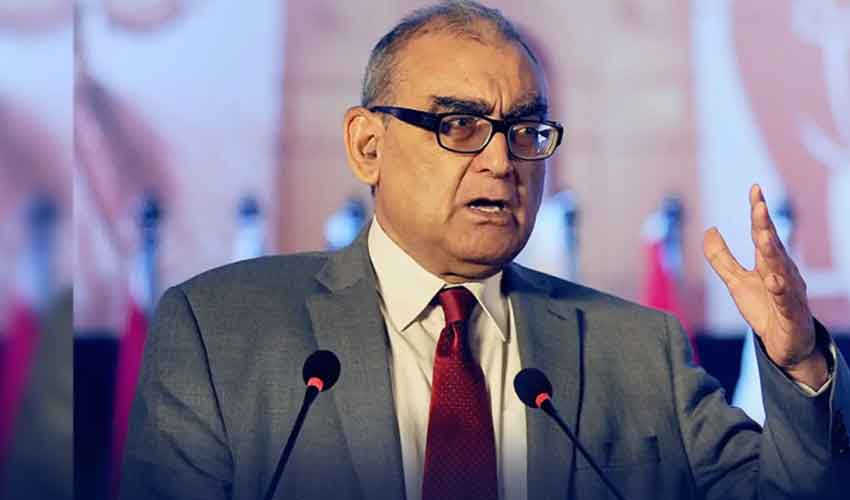WORLD NEWS

In response to ongoing calls for boycotts of brands associated with Israeli operations, a London-based entrepreneur, Osama Qashoo, has created Gaza Cola. Launched in November 2023, the drink has quickly gained traction as a symbol of solidarity with Palestine, particularly among those who have chosen to boycott companies like Coca-Cola due to their ties with Israel.
Osama Qashoo, founder of Hiba Express, a fast-food chain offering Middle Eastern cuisine, developed Gaza Cola as a direct alternative to Coca-Cola. Made with traditional cola ingredients, the drink offers a sweet and acidic taste akin to Coca-Cola, though Qashoo assures it differs from the popular cola’s formula. Importantly, all profits from Gaza Cola are being donated to rebuilding the maternity ward at the al-Karama Hospital in Gaza City, a move that has further solidified its appeal to those seeking to support Palestine in a tangible way.
Since its launch, Gaza Cola has found its way into Hiba Express and other Palestinian restaurants, as well as Muslim-owned stores like Manchester's Al Aqsa, which recently reported selling out of stock. By November 2023, the drink had sold over 500,000 cans, according to Al Jazeera.
Qashoo, whose personal connection to Gaza is deeply rooted in the suffering of his adopted son—who was shot in the head in June—and his family members in Gaza, spoke passionately about the boycott. “These companies that fuel this genocide, when you hit them in the most important place, which is the revenue stream, it definitely makes a lot of difference,” he said, referring to the financial impact of boycotts.
The boycott movement, which gained momentum following the October 7, 2023 escalation in Gaza, focuses largely on companies like Coca-Cola, which operates a plant in the Israeli settlement of Atarot in occupied East Jerusalem. Many consumers are boycotting brands that have connections to Israel, citing long-standing support for Israeli actions in the region.
This renewed boycott has not only affected Coca-Cola’s standing in the Middle East but also in places like Pakistan, where local consumers have turned to domestic alternatives. Coca-Cola’s partnership with the popular Coke Studio has failed to prevent a wave of protests from local groups, including restaurants and student associations.
The rise of Gaza Cola comes in the wake of a decades-long boycott history faced by Coca-Cola and PepsiCo in the Arab world. After Coca-Cola opened a factory in Israel in the 1960s, the Arab League imposed a boycott that greatly benefited Pepsi. Similarly, PepsiCo faced backlash after acquiring the Israeli company SodaStream in 2018.
The growth of Gaza Cola and the larger boycott movement against Coca-Cola and Pepsi highlights the deepening political and economic pressure being exerted by consumers who want to take a stand against Israeli policies in Palestine. The success of Gaza Cola in the early months shows a growing trend of using economic leverage as a tool for political solidarity.




